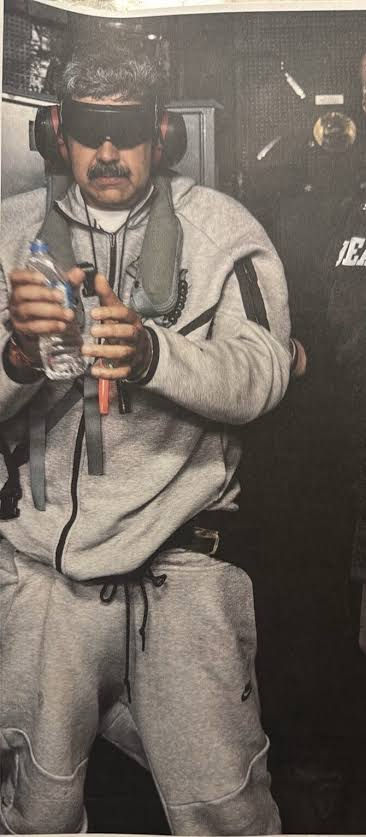The threat of nuclear disaster in Ukraine, Amnesty's report and ending Russian tourism in the EU
- Sebastian Palacios.

- Aug 9, 2022
- 3 min read
Updated: Aug 21, 2022
The Zaporizhzhia nuclear power plant in Ukraine, located along the Dnieper River about 500 km southeast of Kyiv, is now part of the active frontline between Russian and Ukrainian forces fighting the war, and has been suffering constant fire from both sides in August. The plant was built during Soviet times and is still the largest one in Europe. With six pressurized water reactors that provide energy for up to 4 million homes in the country, it has also the potential of polluting large amounts of territories in Europe and Russia, in case an explosion should happen due to the armies fighting each other over the area.
Zaporizhzhia has been under Russian control since the early days of the invasion, but the Russians are using Ukrainian workers to operate it. Russia might indeed be shooting from the plant against the Ukrainian army on the other side of the river, knowing that it is too risky for them to fire back because of the possibility that a nuclear catastrophe would emerge; while the Ukrainians could also have tried to bomb some administrative facilities that would not pose a serious threat.
Both sides have accused each other of bombing the nuclear plant during last week, breaking voltage lines and fuel tanks, but no major radioactive leak has been reported so far. The reactors are designed to withstand the impact of an airplane crashing into them, as they are protected with steel, reinforced concrete and fire protection systems, although this might not work regarding a missile strike.
The UN has then called for inspectors from the International Atomic Energy Agency to be given access to this nuclear site, but Ukraine has been blocking the initiative, arguing that this would legitimize Russia’s presence there. As an alternative, Ukraine's state nuclear power company Energoatom said peacekeepers should be deployed at the plant and create a demilitarized zone. On the other side, the Russian military command in Zaporizhzhia declared it has put mines in all important facilities of the site, and that "this is not hidden to the enemy, so they are warned that the plant will be Russian or nobody's".
This situation comes at the same time that the UK-based NGO Amnesty International just issued a report showing how Ukrainian forces have been using the local population as human shields, many times preventing them by force to evacuate from residential, school and hospital areas in order to stand against the invasion of the Russian army into the cities of their country. This report has been harshly criticized by the Ukrainian president, Volodymyr Zelensky, and many people in the West, as it is not possible to face a full-scale invasion without fighting inside civilian areas. Following the publication of the report, the head of Amnesty International in Ukraine and from other offices around the world resigned as a form of protest after the leadership of the NGO expressed "full support of what it is stated in the report, and that this does not exclude condemning the illegal invasion of Russia".
In a further escalation of the conflict, Zelensky demanded on Monday in a Washington Post interview, that all Western countries should ban Russian tourists. Currently, only Latvia has imposed such a measure. On Tuesday, however, Finland and Estonia, which have land borders with Russia, expressed publicly that Russian tourists should be banned from entering the European Union as the current restrictions apply mainly for air travel from Russia, but Russians can still enter by motorways to both Finland and Estonia, and from there taking flights to other European countries.
Estonian Prime Minister, Kaja Kallas, stated this week that “visiting Europe is a privilege, not a human right” and that it is “time to end tourism from Russia now”, while her Finnish counterpart, Sanna Marin, said that "it is not right that while Russia is waging an aggressive, brutal war in Europe, Russians can live a normal life, travel in Europe, be tourists." In response, former Russian president and current Chairman of the Security Council of Russia, Dmitry Medvedev, dismissed Estonian premier's statement as "Nazi crap", and added with a threatening tone: “I just want to remind her of another thing: The fact that you are free is not your merit, but our flaw''.
North Korea is now also offering to send 100,000 soldiers to help the Russian army in its invasion of Ukraine and Western powers are getting tougher against Russia with more sanctions and military equipment, which suggests that the war is far from being over anytime soon.
















Comments